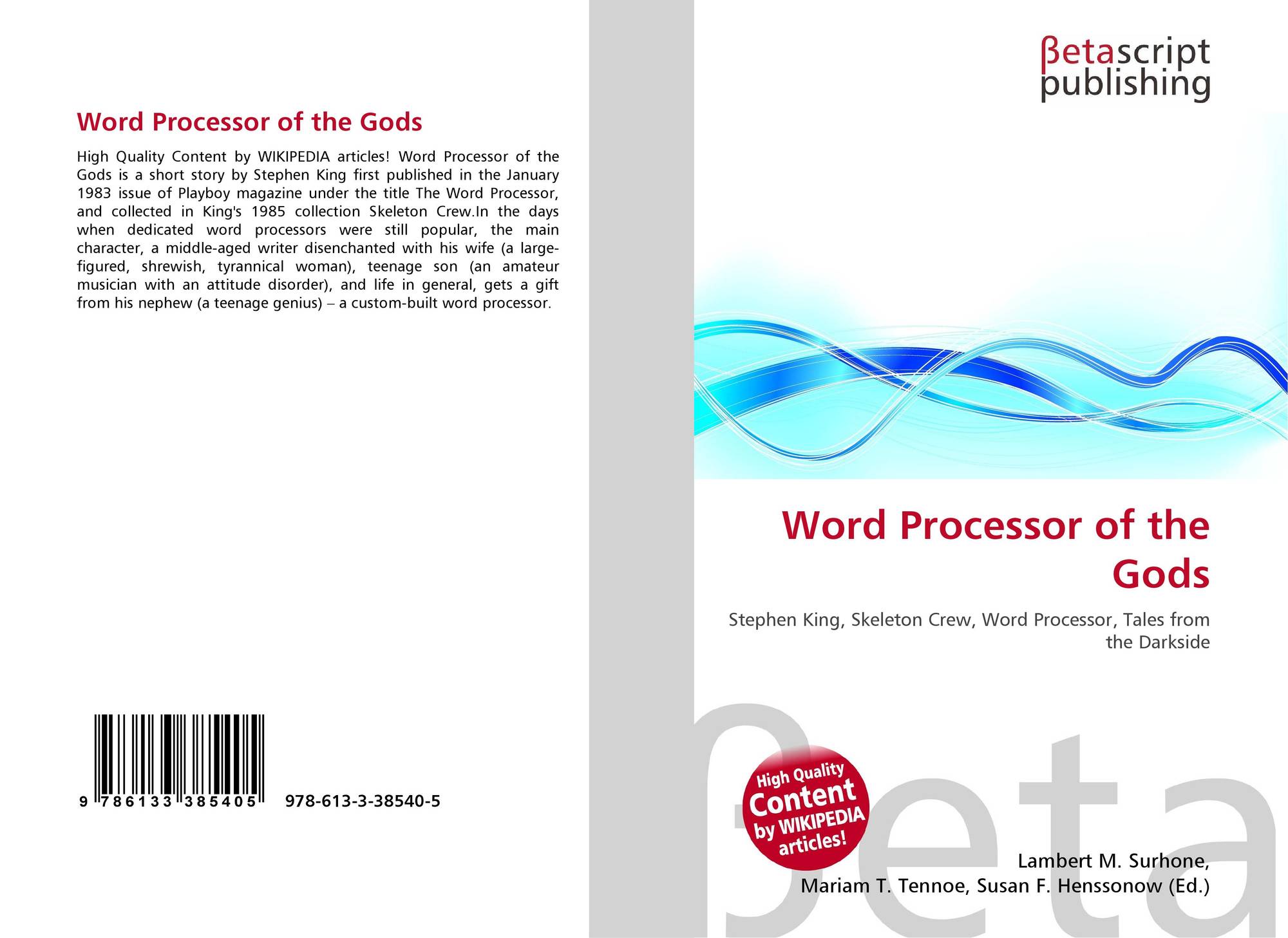

Ideally, a good drama can be done at ANY church, anywhere in America, and still carry its own weight. While it can be fun to write insider jokes about church staff members and references to events that happened at last year’s church picnic, it can make a person who's visiting or wasn’t there feel left out and a bit slighted. It's often easy to use a sketch as a ‘soapbox’ to decry all that we perceive to be wrong with the church or world in general while it’s perfectly appropriate to use drama to identify a problem, writers should avoid hammering their point home with sketches that are really designed to shame an audience, as opposed to enlighten, encourage, or instruct them.ģ. Writing with heavy sarcasm or critical tones. While some spiritual conversations no doubt happen at a bus stop or on a park bench, why not explore the countless other possibilities?Ģ. Try stretching your imagination a little to create characters with depth and realism, and apply that same effort to creating a location for where the scene happens. Filling a script with them has the misfortune of amusing some people in the audience while possibly criticizing others. Most ‘stereotypes’ are actually an exaggeration of a particular geographic/social class or personality type. Not only does this show a lack of effort and imagination on the part of the writer, it can also lean towards outright offense. Many writers slide into the trap of writing almost exclusively in characters and situations that have been used so frequently that they've lost all effectiveness. Q: What are the most common mistakes playwrights make when writing these kinds of sketches?Ī: 1. As much as possible, try to keep the furniture and costume needs minimal and let the dialogue of the script “set the scene” for the audience.

Most of us can envision very elaborate sets and costumes, but these are rarely practical for pre-sermon sketches. Most pre-sermon sketches should be around 5 minutes: just long enough to provide the pastor with a good solid starting point, but not long enough to make the service seem to ‘drag.’ģ. The temptation is to write a complete 5-minute story with a beginning, middle, and end, but remember that the purpose of these dramas is essentially to provide a ‘warm-up’ for the pastor's message it’s perfectly okay to end a scene before the conflict is resolved or the question is answered.Ģ.
#WORD WRITER CHRISTIAN FULL#
A pre-sermon drama doesn't have to come full circle. Q: What top 3 things should a playwright keep in mind when writing pre-sermon sketches for their church?Ī: 1. A "Q & A" with the editors of Drama Ministry


 0 kommentar(er)
0 kommentar(er)
